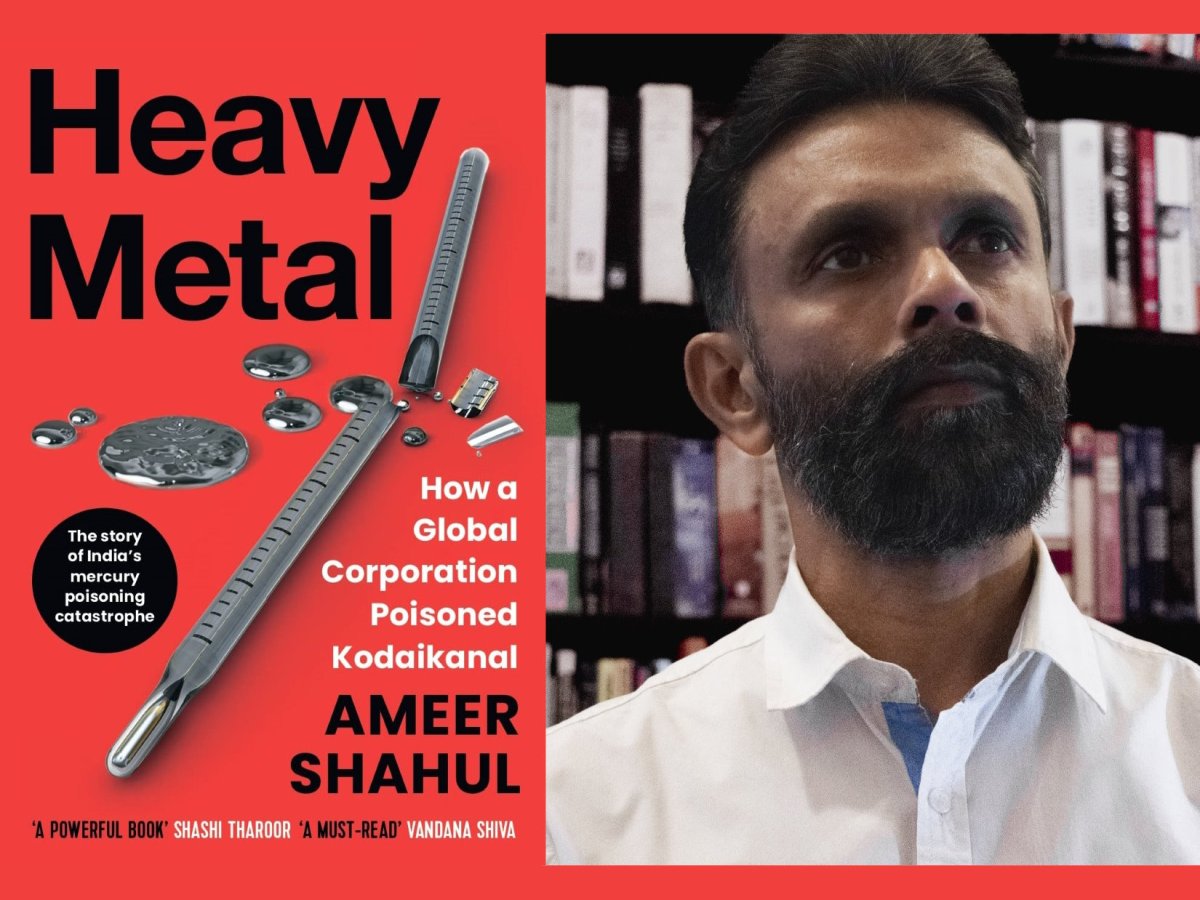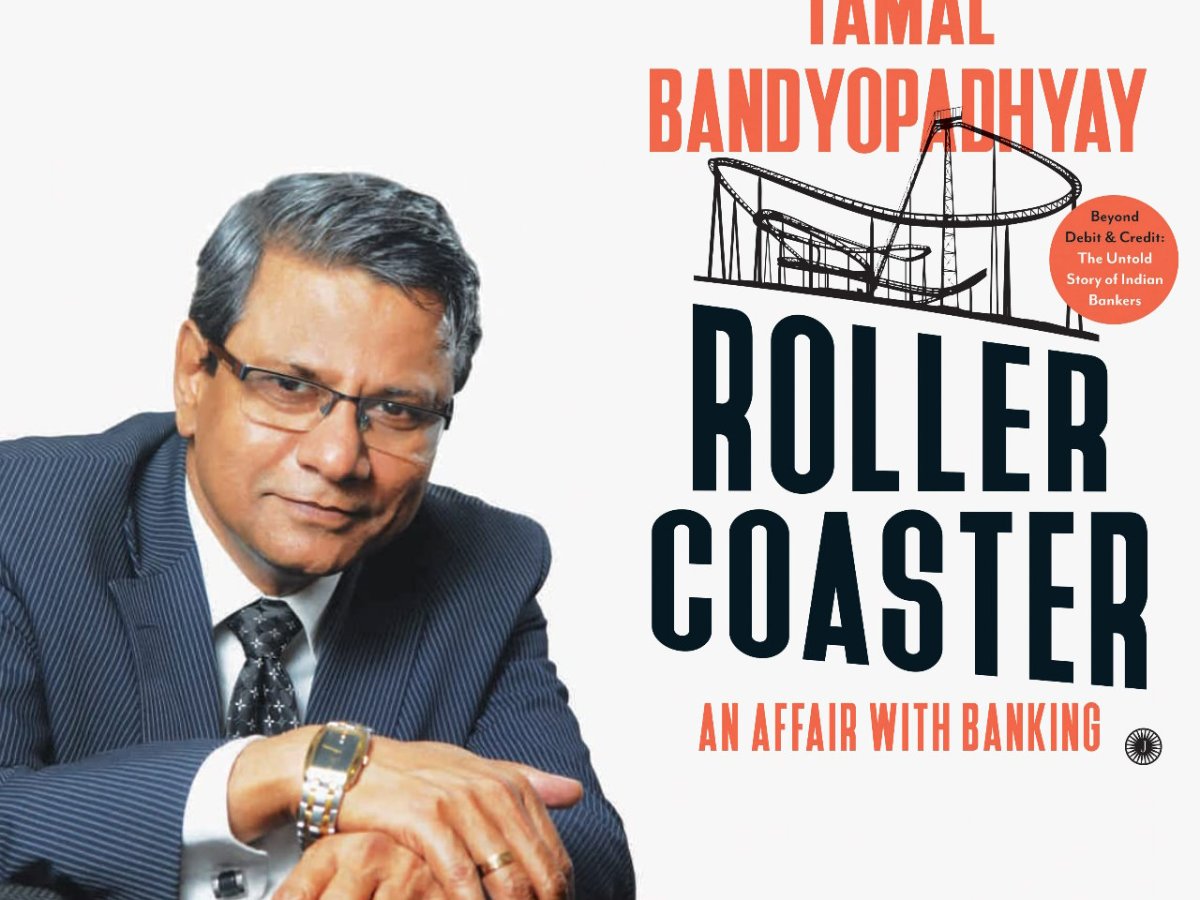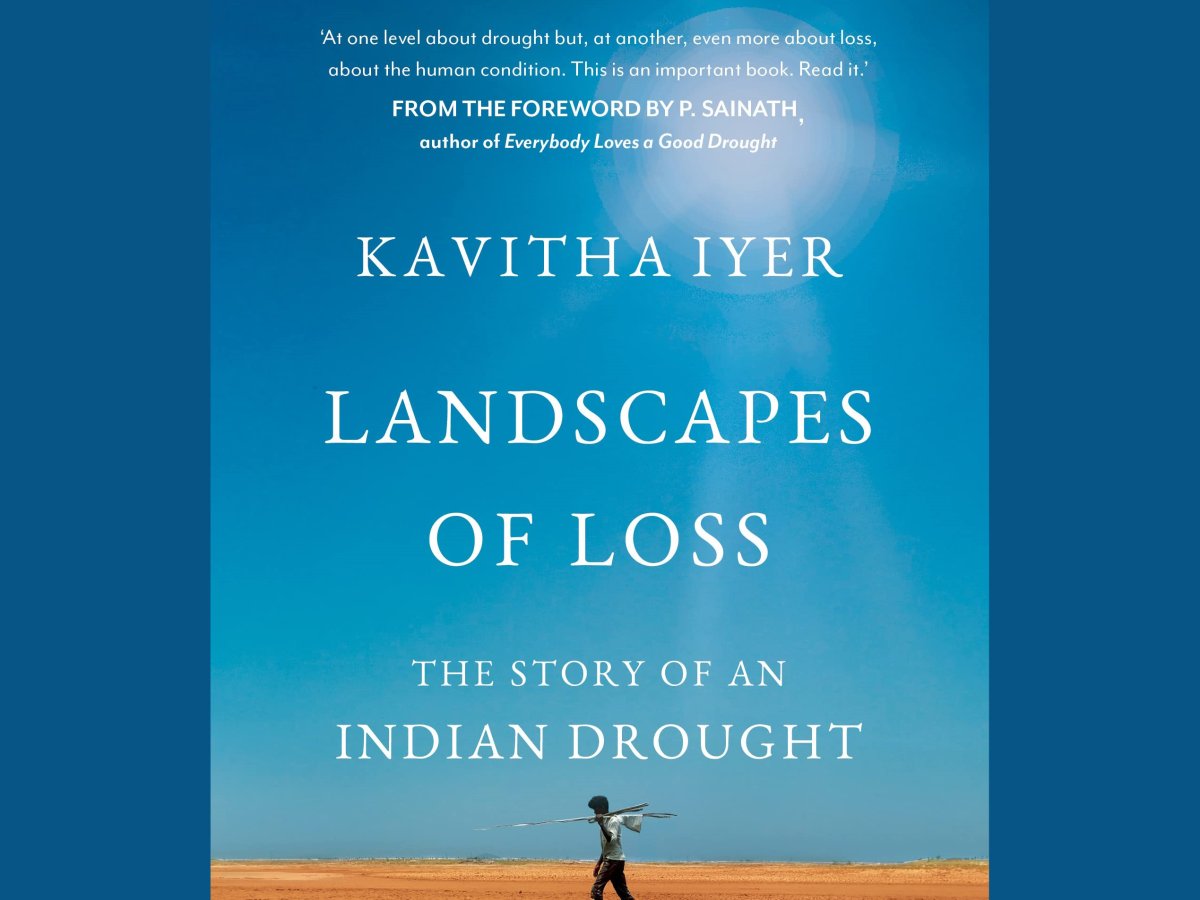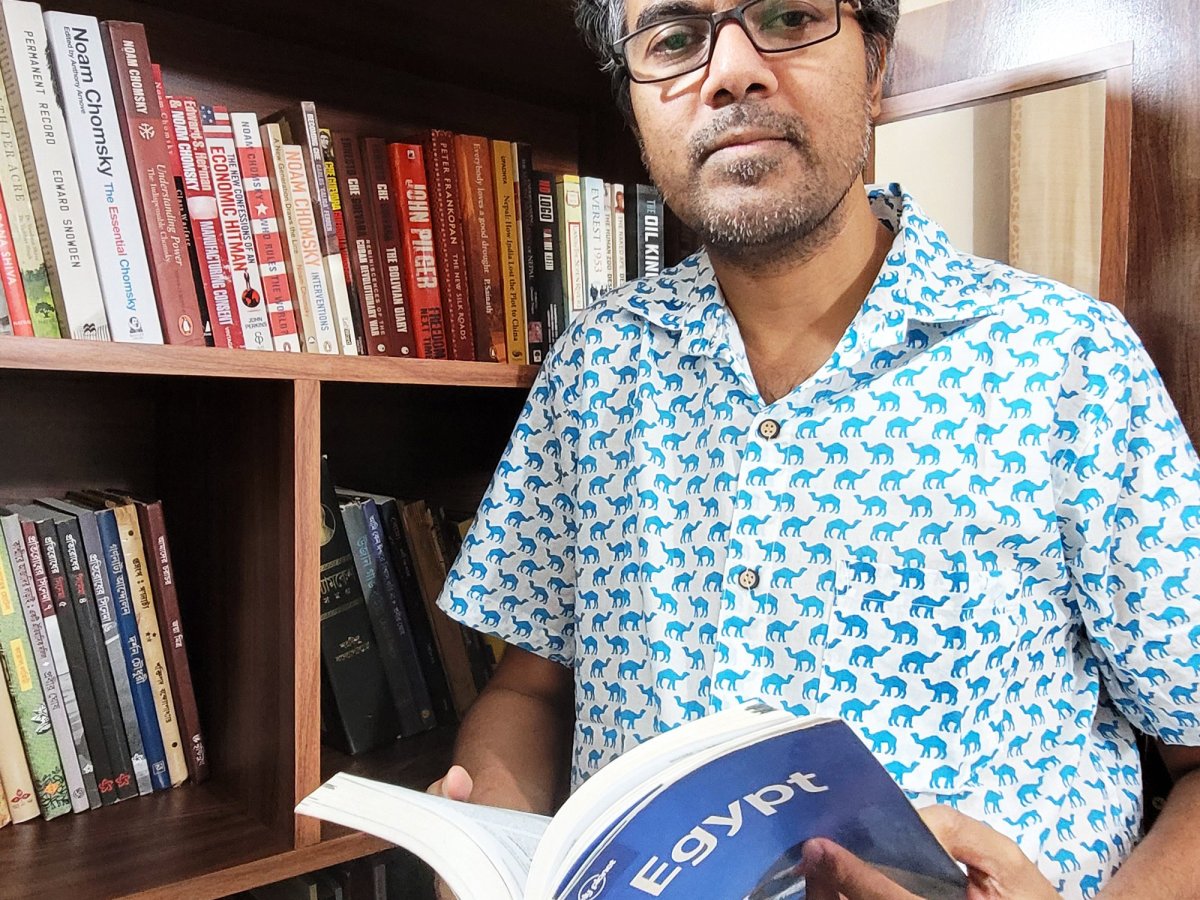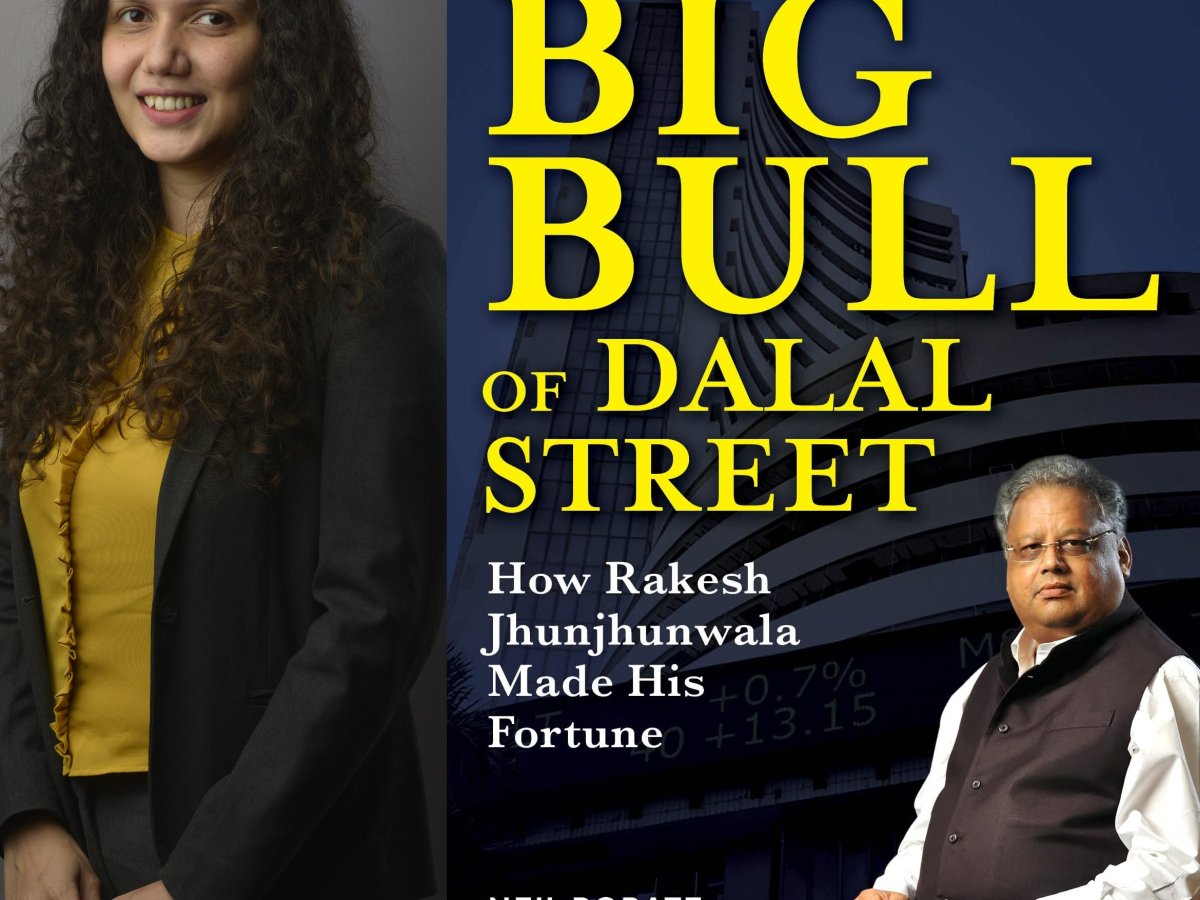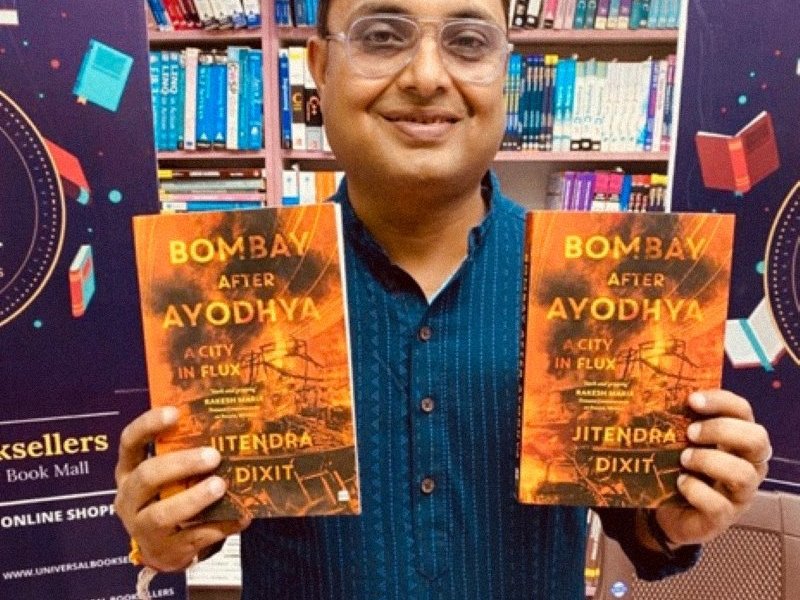A PhD candidate in Literature, Mihir is an Institute Fellow at IIT Delhi. A writer, a photographer, and a man of many talents, he has earlier worked in advertising, taught English at the Sido Kanhu Murmu University, in Dumka, and worked with the Government of Jharkhand as a photographer and creative editor on administrative publications. Mihir won the 2022 Sahitya Akademi Yuva Puraskar for Tales of Hazaribagh: An Intimate Exploration of Chhotanagpur Plateau, which was published by Speaking Tiger Books. We caught up with him for a chat on his book, his hometown, Hazaribagh, and life in smaller towns vis-à-vis living in a big city like Delhi.
Tell us about your interest in writing and photography. What was it like to work with the Government of Jharkhand as a photographer? Are there any photographers whose work you admire, and whose photography style(s) may have inspired your own methods?
My writing life began in the 2000s when I was in school. It was in the ninth grade, I think, that I wrote my first poem. After that, I just kept at it, writing more and learning how to edit my work as I moved from Hazaribagh to Delhi for a degree in English Literature. Photography happened later, as a way of documenting the places I would visit in Hazaribagh. I realised that instead of writing long notes in a diary, it was easier to take a few photographs from various angles and return to them later. My subjects were mostly the forests, the heritage sites, the rivers and the clouds.
The assignments with the Hazaribagh district administration happened by chance. I guess the Deputy Commissioner liked my photographs and so he asked me to meet him. I worked on two projects, which resulted in the publication of two coffee table books for administrative circulation. The first was on Hazaribagh Tourism and the other was on the Swachh Bharat Abhiyan. For the former, I was merely a contributor, but the second one took me out of my comfort zone. The subjects were no longer geographical locations but people and communities. I went to some of the most remote villages of Hazaribagh district, took photos, wrote the accompanying texts, and also designed the layout of the book. People at the collectorate had even started calling me ‘coffee table book wale bhaiyya!”
I personally gravitate towards landscape and wildlife photography. There are two photographers whom I closely follow: Babak Tafreshi (Iran) for landscape and Shaaz Jung (India) for wildlife.
How was the experience of working in Delhi, as a copywriter? Why did you make up your mind to go back to Hazaribagh and write a book about your hometown?
I had already lived in Delhi for five years as a student before I joined advertising. The city wasn’t new, but the industry was. My advertising experience is frankly quite short, as I only worked for about two years, but however brief it was, I credit my time at the agency as formative to my development as a human being. Creative fields aren’t really known for the work-life balance, but it was the creativity itself which made the work interesting. I loved the free-flowing, uninhibited environment of the office, which was different from the ‘seriousness’ of the academia.
I had to return to Hazaribagh because, first, I wasn’t doing well in terms of mental health, and second, I realised that the work which I wanted to do back home could only be done by me – as a writer. ‘Home,’ therefore, had two utilities: home as a sanatorium and home also as a workplace. My interest in Hazaribagh and the larger Chota Nagpur Plateau has been a lifelong affair. Even as a student in Delhi, I would use the holidays and vacations to travel widely in the region and study more about the places’ local history and heritage. I already had substantial material to work with. When I returned home, I spent a year just on deep travel. During that time, I either freelanced with my agency or took up government assignments as mentioned before. I also had enough support at home to afford a break, a point that I cannot stress enough.
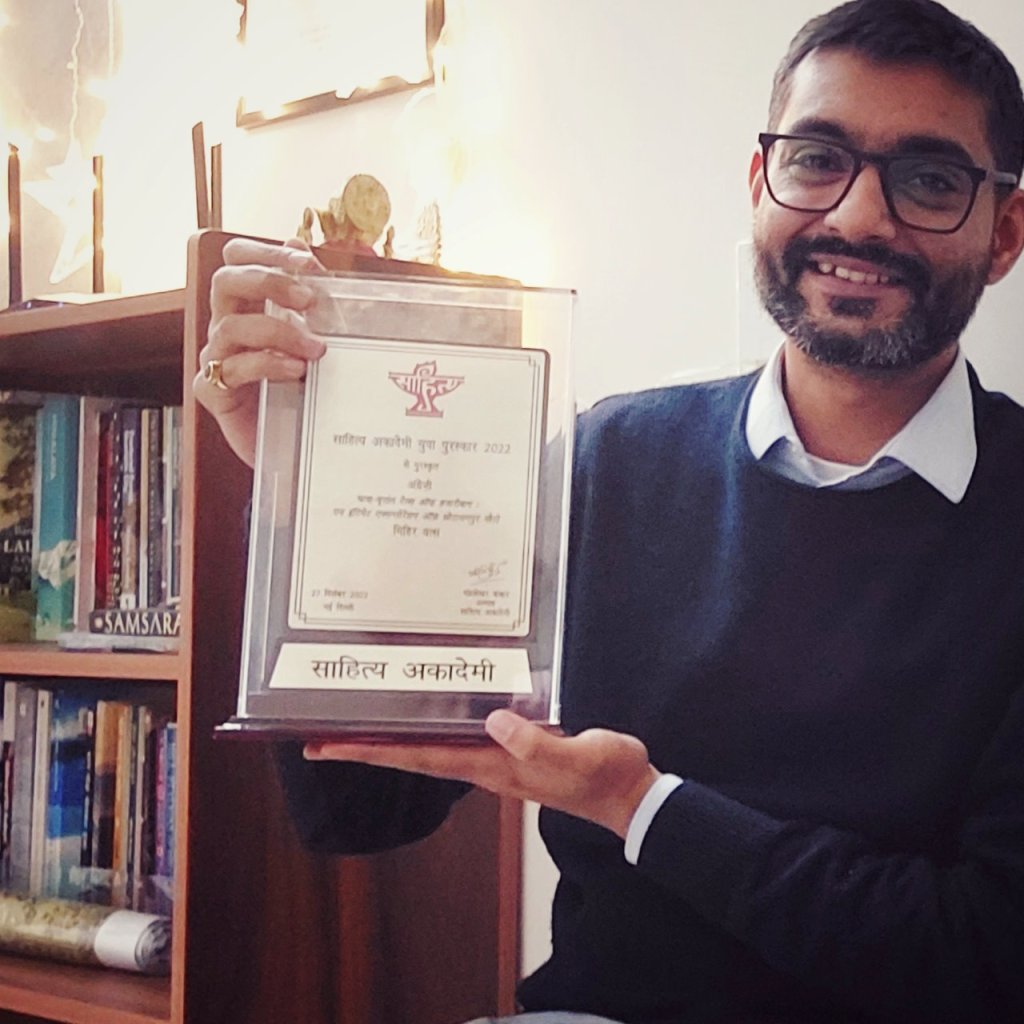
How difficult is it to write about a place where you’ve spent your childhood? Did you have to struggle to look at Hazaribagh from a fresh perspective, from an author’s perspective, and to find new angles, look for stories in and around the city? Did you speak to a lot of local people for your research for the book?
You are very correct in using the word ‘perspective.’ Writing about something familiar is not an easy task, so one must ‘defamiliarise’ themselves, which happens only when a change in perception and perspective takes place. With Tales of Hazaribagh, I didn’t want to write about a ‘small town’. There are already plenty of good books on Indian small towns. I instead wanted to write about the plateau. Hazaribagh not the place of narrow lanes and local markets, but Hazaribagh the place of nature – and my place in that nature. This was the challenging task, to avoid presenting Hazaribagh as small-town cliché while also attempting to find newness in the ordinary. I was able to find that newness in Hazaribagh’s natural landscape.
Besides being my hometown, Hazaribagh is also a rich historical region. Here you have rock art sites, rock-cut caves, megalithic complexes, ruins of forts and palaces, and colonial remains too. Notwithstanding the history, Hazaribagh residents take pride in the climate of the place, though with climate change we can’t be sure for how long it will remain pleasant. I am drawn the most to the forests, rivers and the waterfalls. They are my kin. It also helps that Hazaribagh has resisted the lure of a commercial ‘tourist destination.’ There is freedom to create your own ‘spots.’
I did talk to people while writing the book, but not all conversations happened for the book. Tales was a not a historiography or an ethnography project – it was always meant to be a memoir. In fact, more than talking, I actually walked with most of them as they guided me to one place and the other.
What kind of response did you get from readers, when the book was released? For you, personally, what has been the most satisfying thing about having written the book and having won the 2022 Sahitya Akademi Yuva Puraskar for the same? Also, would you consider having your book translated into Hindi, and/or making it available as an audiobook, for wider reach?
I have been fortunate in the way that my readers have connected strongly with Tales. I honestly didn’t think that the book would have a national appeal. Here is a young man talking about his homeland in Jharkhand – why would someone from Kerala or Assam be interested in such a story? But readers were. Some read the book as an ecological memoir, some read it for geographical descriptions, some were interested in the local history, and some read it for my own story. The book has often been called ‘genre-defying,’ and I think it is through this defiance that Tales has been able to resonate with so many readers. People who have never been to Hazaribagh (or even Jharkhand) have felt closer to the place after reading the book. I feel that Sahitya Akademi recognized this quality in Tales when they selected it for the award. Not only did I write a book on my little-known homeland, but I wrote it well enough to be recognised by India’s premier literary institution: this, I feel, is an achievement.
I would certainly love to see Tales translated into other languages too, as long as the translation is sensitively done. My publisher and I have not had any discussions on audiobooks yet.
What is your take on life in smaller cities like Hazaribagh vis-à-vis life in a city like Delhi? If you could choose freely, where would you prefer to live and work, and why?
I find myself at home in both places. Hazaribagh offers an atmosphere and lifestyle which are very different from Delhi. Time also moves differently in the two cities. Though I unwaveringly love Hazaribagh, I have also grown to love Delhi. They say, ‘one may not belong to Delhi but Delhi belongs to everyone.’ I adore this quality of our national capital. Having said that, I would still want to live and work in Hazaribagh. That’s where peace is. But my friends, on the other hand, are in Delhi! I might have to make week-long trips once in two-three months to catch up with them. In case I end up living and working in Delhi, I would do the same with Hazaribagh. Severance from either of the two cities is not possible.
What kind of books do you like to read? Any favourite genre? Favourite authors? Any favourite Indian authors?
An occupational hazard of literature scholars like myself is that we tend to read everything! In my spare time though, I like reading nature writing more. It’s a fledgling genre in India, but I am sure that there will be more books in the coming years. I loved Neha Sinha’s Wild and Wilful: Tales of Fifteen Iconic Indian Species and I’m currently reading Pastoral Song: A Farmer’s Journey by British writer James Rebanks. Some Indian authors I admire are Amitav Ghosh, Sumana Roy, Parimal Bhattacharya, Tanuj Solanki, Rohan Chhetri and Jacinta Kerketta. I would urge people to read their works.
Would you like to name the three most memorable books that you’ve read in the last 1-2 years? Any books that are on your must-reads list for 2023?
Most notably, the English translation of Yashpal’s Dada Comrade, Amitav Ghosh’s The Nutmeg’s Curse, and Parimal Bhattacharya’s Field Notes from a Waterborne Land. I also return often to Mahadev Toppo’s poetry volume Jungle Pahad ke Paath and Ranendra’s short but haunting novel Global Gaon Ke Devta.
I don’t really have a must-read list for 2023 yet, but I’m open to recommendations!
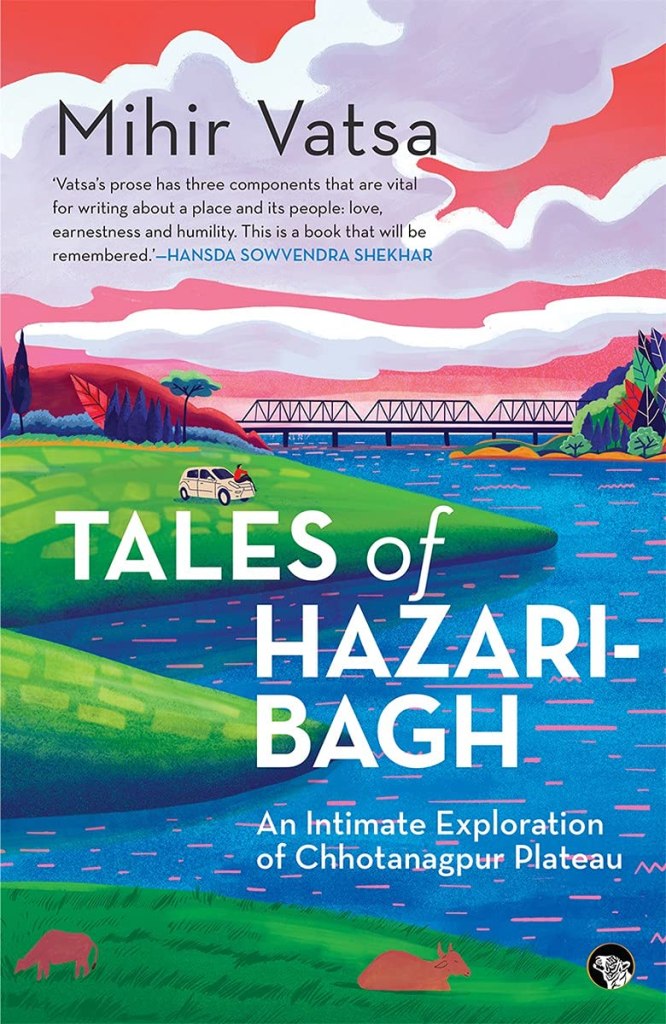
More Stories:
adventure advertising Allahabad Apple astrology audiobooks Banaras best-of lists Bombay book marketing business Calcutta cheap reads cityscapes corporate culture design fiction food Hinduism hippies history India Japan journalism journalists libraries literary agents memoirs memories money Mumbai music my life with books Persian photojournalism Prayagraj publishers publishing science-fiction self-help technology travel trends Varanasi wishlists



